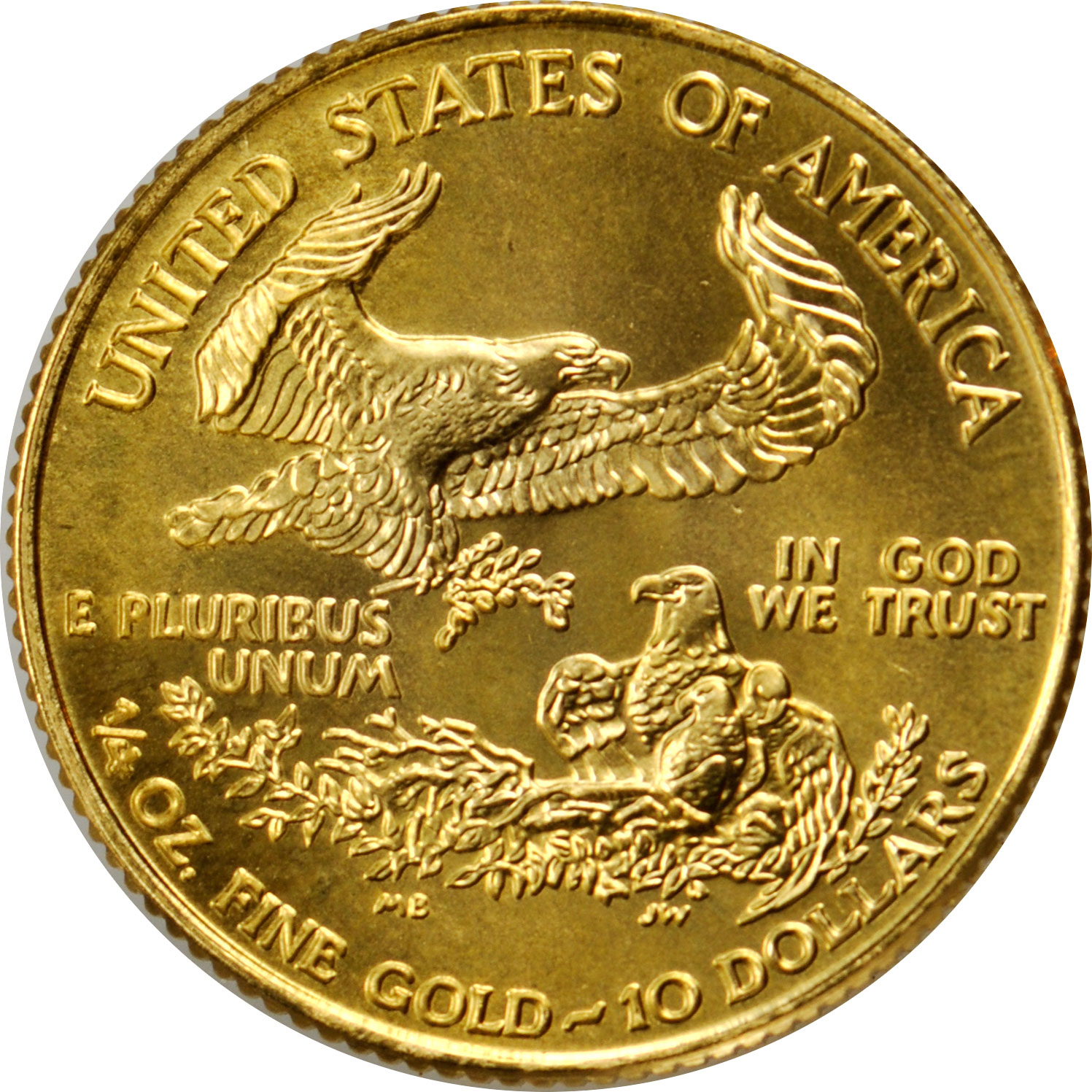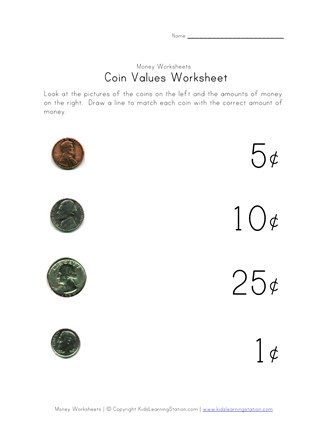Coin Values
Coin Values Online provides retail values for more than 45,000 U.S. It is updated weekly to provide you with the most comprehensive and current retail pricing information available in the. A coin’s state of preservation is another key factor in determining value. For example, an 1886-O (New Orleans) Morgan silver dollar is worth about $25 in a grade of Very Good-8, which is a well-worn grade corresponding to a heavily circulated coin. That same coin in MS-65 — pristine uncirculated condition — is worth $300,000.

There are 3351 coins on this web site. Check yours now!
US Oregon Trail Half Dollar (Fakes are possible) 1926 to 1939 | Russia 1/4, 1/2, and 1 Kopek 1855 to 1876 | |
Germany 1000 Years Rhineland 1925 | South Africa 5 Cents 1965 to 1982 | |
Germany Half Mark 1905 to 1919 | Panama 2 1/2 and 5 Centesimos 1907 to 1985 |
These are fractional thalers from the old German State os Saxony-Albertine. Two denominations, 1/24 and 1/12 thaler, carry the POL EL SAX inscription. The king at the time was Friedrich August II.
If you can find one of these old beauties in good condition, you have found something. Most are heavily worn. The coin in our picture comes from Beast Coins in Wisconsin, and CoinQuest thanks them for use of their image.
Catalog values run pretty much the same for both denominations (1/24 and 1/12 thaler) and all dates. Here they are:
worn: $8 US dollars approximate catalog value
average circulated: $50
well preserved: $100
Concepts on our Terminology page are required to convert these catalog values into actual buy and sell values.
German notgeld, or emergency money, is a fascinating area of coin collecting today. These coins (really tokens) were issued because the normal governmental authorities were too busy with other intentions or incapacitated by external conditions to produce regular coinage for commerce. In 1918 Germany was a mess (kriegs = war) and notgeld abounded.
This is one of many examples of notgeld. Please read our general page on the subject at this link [Click Here].
The Crailsheim notgeld of 1918 is somewhat rare, although you can readily find it for sale in coin shops. It comes in 5, 10, and 50 pfennig denominations. Rough catalog values run like this:
worn: $5 US dollars approximate catalog value
average circulated: $15
well preserved: $50
fully uncirculated: $180
Use our Important Terminology page to understand how catalog values work.

As throughout CoinQuest, we quote catalog values on this page. Be sure you understand what 'catalog' means; it is really a weasel word since actual buy and sell values are almost always less that catalog values. Catalog values apply only to coins without problems such as scratches, scrapes, stains, cleanings, nicks, and gouges. Read the Terminology page for an explanation.
NEVER CLEAN A COIN. CLEANING RUINS VALUE.
These Liberty half dollars are grand old coins that are eagerly sought by collectors of US coinage. If we divide these coins into two groups, most are *common date* coins and follow these general rules of value:
COMMON DATE COINS (coins not in list below):
worn: $40 US dollars catalog value
average circulated: $85
well preserved: $140
fully uncirculated: $550
There are also *better date* coins that are listed below. Mint marks, O, S, or CC, appear under the eagle on the reverse side. Values are for coins in average circulated condition.
BETTER DATE COINS:
1850: $240 in average circulated condition (cannot have mint mark)
1851: $750
1852: $350
1855S: $350
1870CC: $1700
1871CC: $400
1872CC: $200
1873CC: $200
1874CC: $700
1878CC: $700
1878S: $30000
Coins dated between 1879 and 1890: $250
There are tons of web sites on the Internet that give catalog values for US coins. Find one to look up the better dates, and also check out the plentiful special varieties in this series. It may be worth your while! Our favorite US site is: Coin Auctions Help [click here].
If you have an old Seated Liberty half and want to get further into coin collecting, explore the Internet for a wealth of information on the subject. Coin collecting is called the King of Hobbies, and for good reason!

Coin Values Online
What a beautiful piece! Clearly what you have, Martin, is an award medal from the Calcutta International Exhibition (also called the Calcutta British Exhibition) held from December 1883 to March 1884 in India. According to WorldExhibition.org, there were one million attendees. Queen Victoria was well into her 60+ year reign at the time, and her portrait looks exceptionally striking on this medal.
The example in our picture is in very good condition, and is therefore worth a substantial amount. Remember, Martin:
NEVER CLEAN A COIN. CLEANING RUINS VALUE.
The pictured medal comes from Noble Numismatics in Sydney and Melbourne. Thanks, Noble. It is a beautiful item.
To get an estimate of value, consider that Noble auctioned the pictured medal for $300 US dollars during 2008. If the condition were worse, the value would go down substantially. The $300 price tag is an auctioneer's hammer price. It does not include seller's fees or buyer's fees, which usually run in the neighborhood of 10 to 30 percent. Similarly, if you were to sell this piece directly to a collectibles dealer, he or she would probably pay about one-half of the retail price. The mark-up keeps the dealership solvent.
Another specimen was sold in October 2013 by Dr. Busso Peus for ?110 EUR, or about $150 USD. It was in a worse condition, with a detracting splotch on the reverse.
More recently (July 2016), a medal in similar condition to the one in our main image was sold by Noble Numismatics for $240 AUD, or about $180 USD.
There is a picture of a medal with the 'Awarded to' area engraved at the MuseumVictoria.com.au web site.

Coin Values Silver Dollars
There are two Indian 20 paise coins with lotus blossoms during the period 1968 to 1971. The first pattern includes the blossom only, while the second pattern adds a radiant sun and bears the inscription FOOD FOR ALL. First pattern coins are made of nickel-brass, and second pattern coins are made of aluminum-bronze.
As modern coins made of non-precious metal, these coins are worth face value: 20 paise in India, or about 1/3 of 1 US cent. Collectors may spend a few dollars to add a nice looking specimen to their collections.
Germany started out as a loosely federated collection of individual states with names like Baden, Bavaria, Oldenburg, and Saxony. In 1871, Otto Von Bismark from the German state of Prussia, unified most of the states into a single German Empire. This empire lasted until 1917, when it was defeated during World War I.
The old German Empire minted these 25 pfennig coins between 1909 and 1912. The coins are made of nickel, not silver, so they have no bullion value. Collector values run like this for most dates (better dates are shown below):
worn: $3 US dollars approximate catalog value
average circulated: $10
well preserved: $22
fully uncirculated: $80
coins dated 1910A, 1911A, and 1912A are quite common and are worth about one-half of these values.
There are a few better dates in the series. The values shown below are for coins in well preserved condition:
1909E: $50
1909J: $1000
1912J: $40
Be sure to apply the concepts on our Terminology age to convert these catalog values to actual buy and sell values.